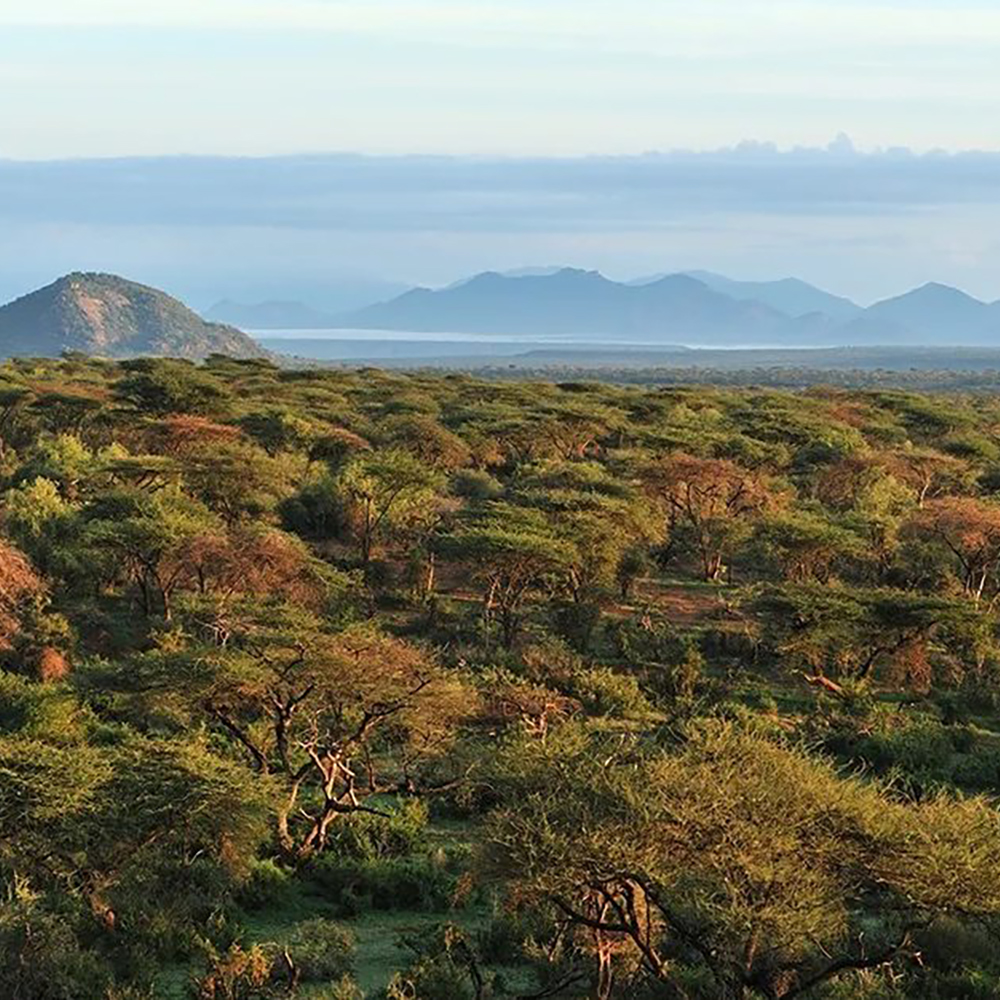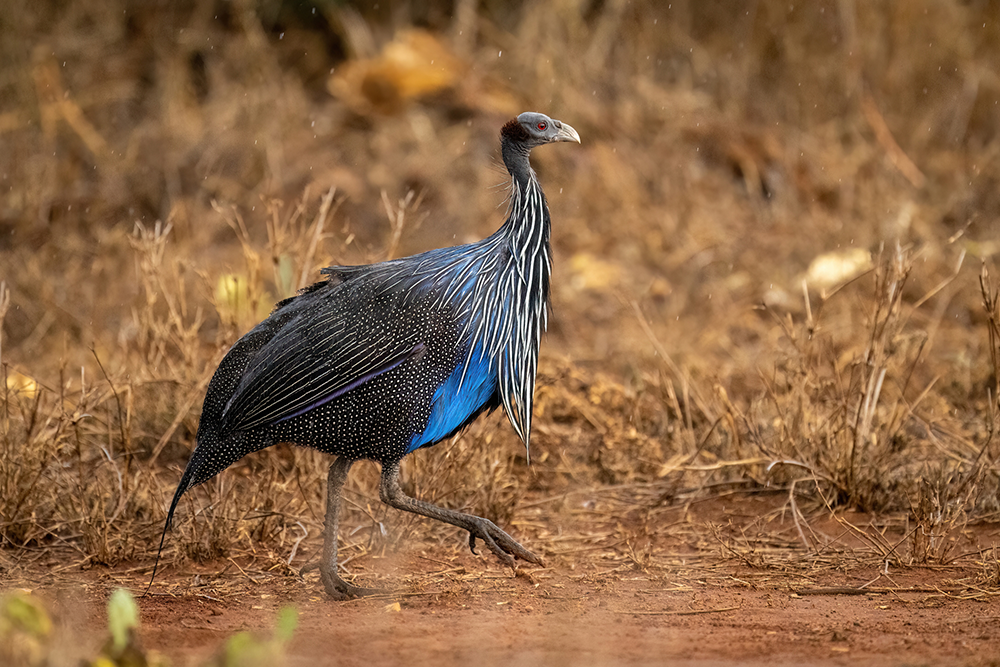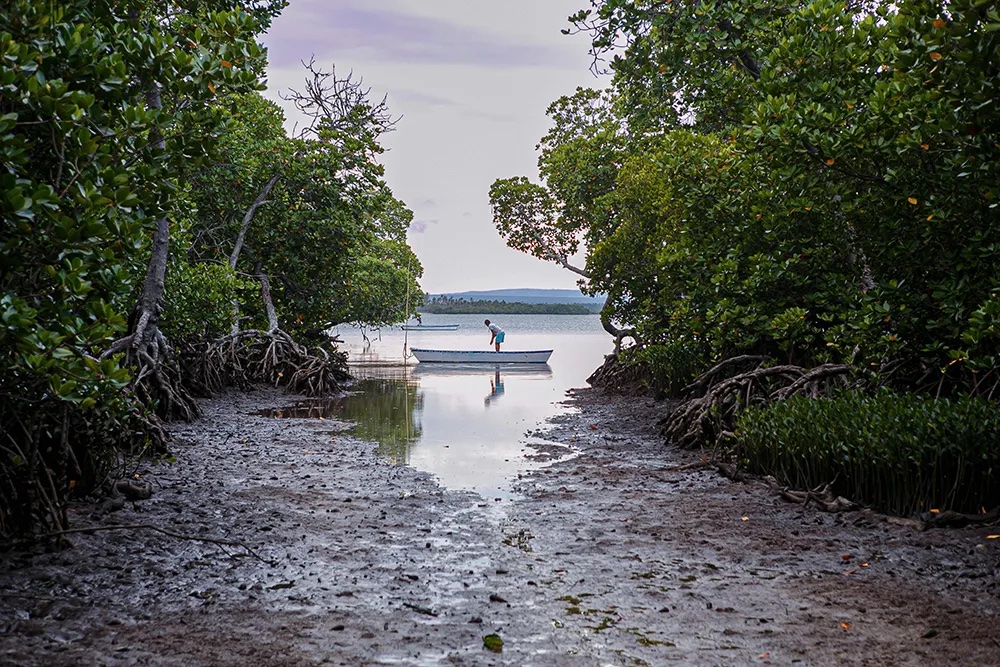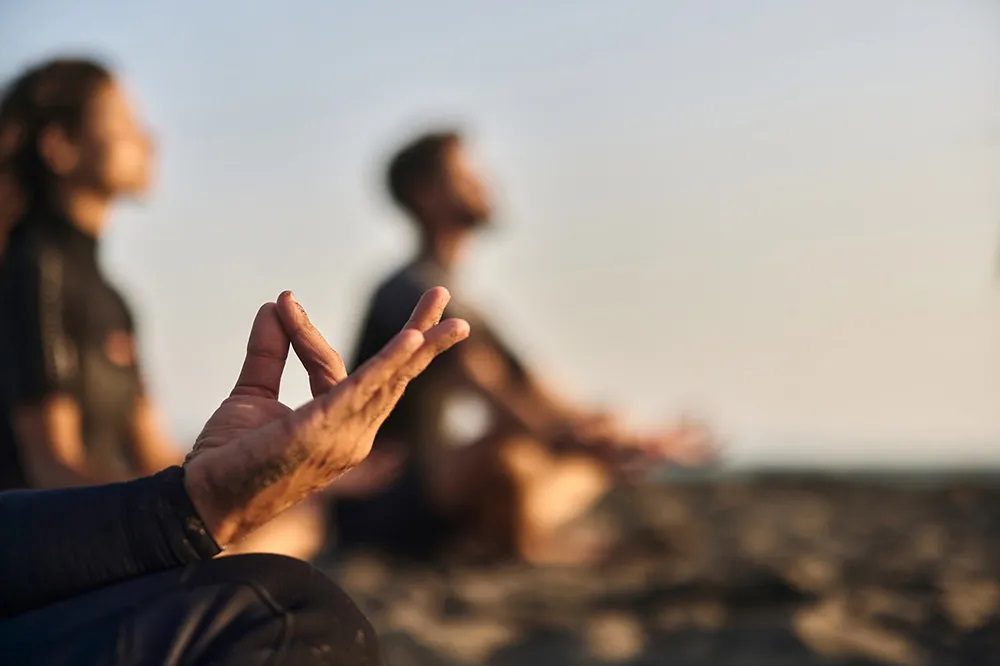Laikipia, Kenya
I am grateful to David, a reader of this column, who kindly sent me a packet of old Kenya maps his father used when the family lived in Nairobi in the 1960s. David’s envelope took about six months to reach my postbox, which is good going, since I’ve received other letters posted several years before. I adore maps and own lots, rolled up in tubes, hanging on walls, with piles of them folded in drawers, dog-eared, rain-stained and scribbled on. I immediately took two of David’s maps to the framers since they cover the place I like best in the world: Laikipia.
Loss of land – my way of hankering for a home – was a dull ache I carried inside me all the time
On the walls of the Laikipia farmhouse are various maps of farms that were other places I once called home, and in paintings and family papers there are records of yet more farms. Farming has been a family hereditary illness. Through generations it has brought us, to misquote Thomas Hardy, a general drama of pain with some occasional episodes of happiness. In the last century the farming addiction has afflicted us nowhere more strongly than in Africa.
In the Great Depression my father settled on the Aberdares slopes with a clear river that cut through forested gorges full of rhino, buffalo and elephant. Home was a hillbilly-style cedar cabin where Elspeth Huxley had seen “the chilly, mysterious dawn, with ribbons of pearly mist lying in the gullies and the great bulk of the mountain at my back shrouded in cloud which flushed flamingo-pink just before the sun came up behind it to flood the plain.” Soon after my parents married, they moved to a ranch on Mount Kilimanjaro’s flanks, leaving the Kenya farm in the hands of a manager who fled when Mau Mau started. The British Army burned the house down during military operations, and that farm was sold.
My parents built the Kilimanjaro ranch into a successful cattle enterprise. “We were in a paradise that we can never forget nor equal,” my father wrote at the end of his life. My siblings and I spent our early lives there and my mother thought we would stay for generations. After 16 years, Tanzania’s socialists confiscated the ranch, smashed the place up and ate all the animals.
With Africa in political turmoil, my mother said her children should all attend school in England, but she moved too – and insisted on buying a tumbledown farm near Iddesleigh in Devon. Decades later, I can see the farm and all its corners as freshly as if I were there a week ago. The cob longhouse, the elms, the old apple and pear trees, the meadows, trout in the streams, granite troughs and barn owls in a pagan landscape. Three good fields on that farm had changed hands in a card game a century before, a story which made a deep impression on young me, as I wanted to think land was a permanent thing. In 1980 my parents sold up and everybody drifted back to Africa.
I still miss Devon, as my elder siblings miss Tanzania. I think loss of land – my way of hankering for a home – was a dull ache I carried inside me all the time, as with people who generations later carry the keys to front doors of homes to which they will never return. To cure this, 22 years ago I persuaded the mother of my children to buy a slab of wild country in the northern marches of Laikipia, where we pitched a tent, then built a mud hut, then a stone house. It became the sanctuary of dreams, and over the years while we tended to it we were often shot at, raided and invaded. I built this place quite genuinely with my blood, sweat and tears, while much else unraveled.
History’s upheavals, card games – things change – and in my case, I moved out of the family farmhouse last year, whereas the farm still is a home to me, because on a thousand hectares there should be room enough for all. I have been building a new campsite on the hill, with a large safari tent into which the few belongings I need have been crammed. My kitchen is a tin hut, I have running water and solar power. My kind reader David’s newly framed maps will go up on the walls of my campsite loo. This is a traditional long-drop latrine with an open window which is low enough so that I can sit on the thunderbox and gaze across the plains. I sat there today on the eve of my 60th birthday with my binoculars, watching a bull giraffe browsing among fever trees in the valley.























Leave a Reply